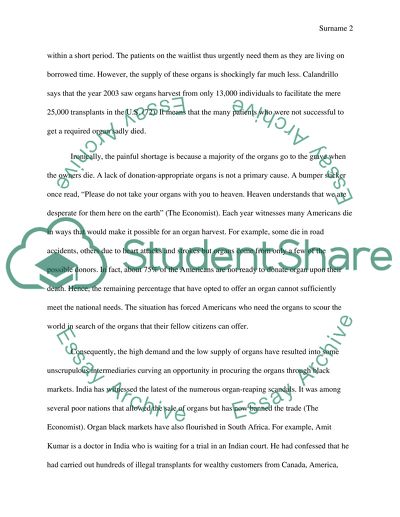Cite this document
(“Final paper Essay Example | Topics and Well Written Essays - 1500 words - 6”, n.d.)
Retrieved from https://studentshare.org/english/1686280-final-paper
Retrieved from https://studentshare.org/english/1686280-final-paper
(Final Paper Essay Example | Topics and Well Written Essays - 1500 Words - 6)
https://studentshare.org/english/1686280-final-paper.
https://studentshare.org/english/1686280-final-paper.
“Final Paper Essay Example | Topics and Well Written Essays - 1500 Words - 6”, n.d. https://studentshare.org/english/1686280-final-paper.


